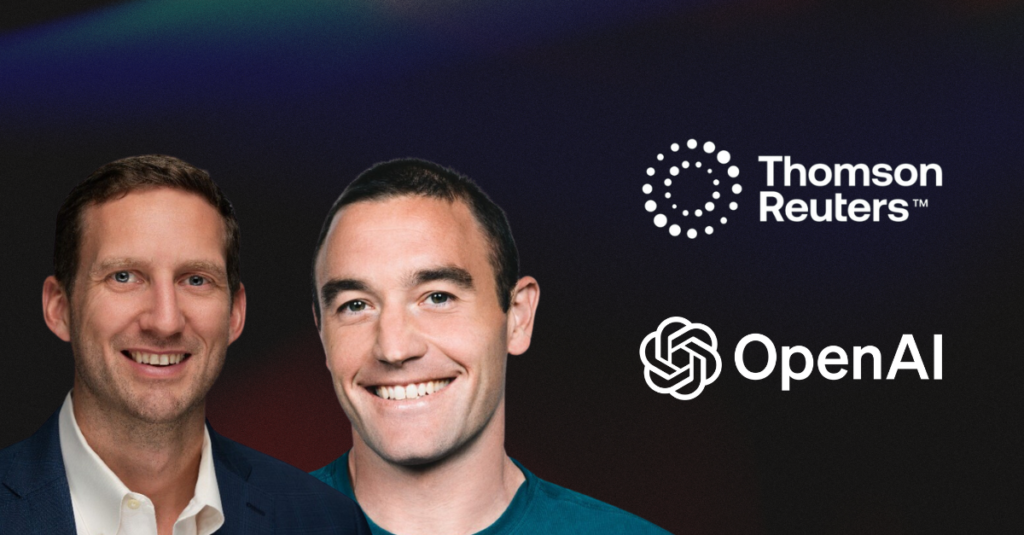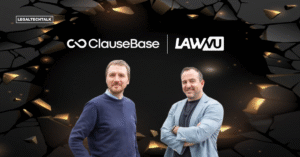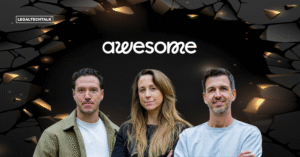Source: PR Newswire
Thomson Reuters, a content-driven technology company, announced they are testing a version of their CoCounsel GenAI assistant that employs a custom model built on OpenAI o1-mini, the AI pioneer’s latest large language model (LLM), notable for its enhanced reasoning skills. Because OpenAI o1-mini “thinks” before it responds—”chain of thought” reasoning—it enables CoCounsel to accurately perform certain highly analytical and data-driven tasks for the first time. While this means answers take longer, it also means they’re more detailed, thorough, and accurate.
Building on Thomson Reuters’ proprietary datasets, the CoCounsel and OpenAI teams have collaborated to create this custom model, now in a proof-of-concept phase ahead of the new LLM’s general availability. The original CoCounsel, launched in March 2023, was the first legal tech tool to publicly announce the use of OpenAI’s GPT-4, and similarly was built in collaboration and early access with OpenAI, on its groundbreaking model. As CoCounsel has evolved and expanded, particularly since becoming the single GenAI assistant across Thomson Reuters products, so has the product team’s strategy for employing LLMs to deliver the best possible performance for CoCounsel customers. Their current multi-model approach has set the standard for testing in-development models in partnership with LLM leaders.
“We’re proud of our longstanding work with Thomson Reuters and learning how they use o1-mini to power new legal workflows,” said Kevin Weil, Chief Product Officer at OpenAI. “Building a custom o1-mini model into CoCounsel equips legal professionals with advanced AI reasoning capabilities, supporting them in addressing challenging legal problems.”
“Our close cooperation with the technology leaders charting the course for AI allows us to deliver profoundly better CoCounsel outcomes for our customers, empowering them to better serve their clients,” said Joel Hron, chief technology officer for Thomson Reuters. “Through early access to models from OpenAI, Anthropic, and Google, we’ve been able to evaluate each alone and in combination, right in product. And our learnings do more than help us continue pioneering professional-grade applications of GenAI, they help the teams behind these astonishing LLMs improve what the models can do. This benefits the products they power, creating a virtuous cycle of innovation to collectively push the boundaries of how AI can be used to transform professional work.”
Read the full article: https://www.prnewswire.com/news-releases/thomson-reuters-cocounsel-tests-custom-llm-from-openai-broadening-its-multi-model-product-strategy-302314877.html








